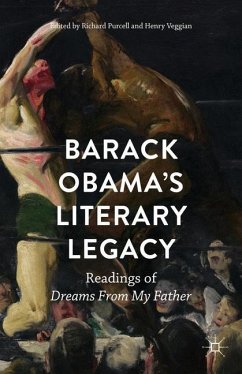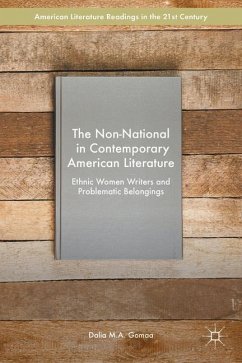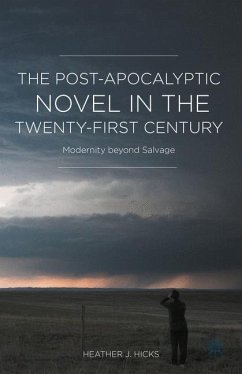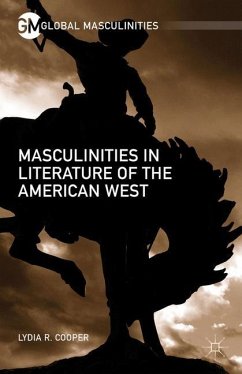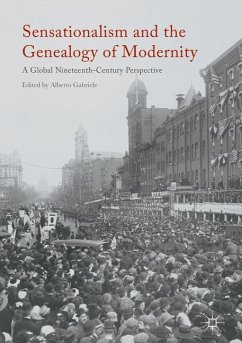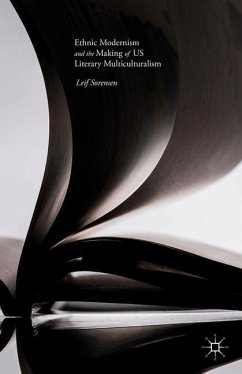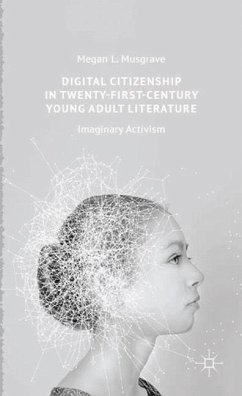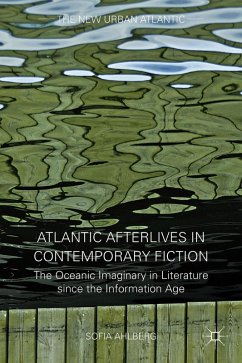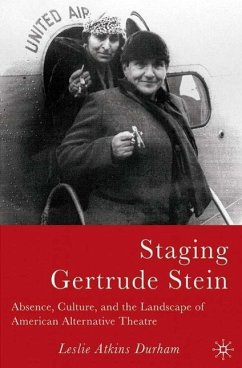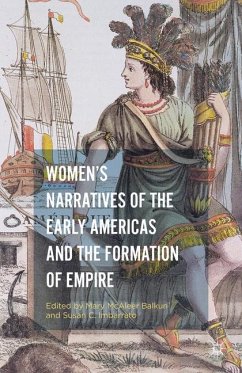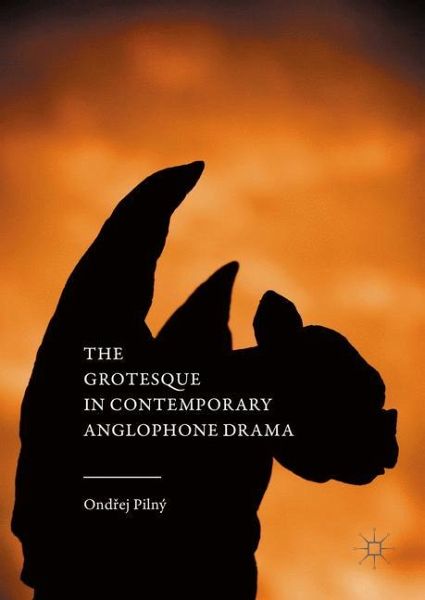
The Grotesque in Contemporary Anglophone Drama
Versandkostenfrei!
Versandfertig in 6-10 Tagen
38,99 €
inkl. MwSt.
Weitere Ausgaben:

PAYBACK Punkte
19 °P sammeln!
Following on from the work of art historians and literary and culturaltheorists, this book examines the ways in which varieties of the grotesquefunction in the plays of Philip Ridley, Mark O'Rowe, Enda Walsh, Suzan-LoriParks and Tim Crouch.The term 'grotesque' has been frequently applied incommentaries on some of the most exciting contemporary drama, without muchfurther elucidation. By producing visions of an alienated world, engenderingsimultaneous attraction and repulsion, and often triggering laughter thatcomes with a chill in the spine, the grotesque attacks both aesthetic andsocial conven...
Following on from the work of art historians and literary and cultural
theorists, this book examines the ways in which varieties of the grotesque
function in the plays of Philip Ridley, Mark O'Rowe, Enda Walsh, Suzan-Lori
Parks and Tim Crouch.
The term 'grotesque' has been frequently applied in
commentaries on some of the most exciting contemporary drama, without much
further elucidation. By producing visions of an alienated world, engendering
simultaneous attraction and repulsion, and often triggering laughter that
comes with a chill in the spine, the grotesque attacks both aesthetic and
social conventions and requires a creative use of the imagination on the part
of the spectators. The book argues that as such, the grotesque in the works of
the selected playwrights solicits profound audience engagement with urgent
ethical, social and political issues. The inevitable openness caused by the
grotesque demonstrates the authors' faith in the deliberative powers of their
audience, which stands in contrast to the ready-made choices offered by
overtly committed political theatre.
theorists, this book examines the ways in which varieties of the grotesque
function in the plays of Philip Ridley, Mark O'Rowe, Enda Walsh, Suzan-Lori
Parks and Tim Crouch.
The term 'grotesque' has been frequently applied in
commentaries on some of the most exciting contemporary drama, without much
further elucidation. By producing visions of an alienated world, engendering
simultaneous attraction and repulsion, and often triggering laughter that
comes with a chill in the spine, the grotesque attacks both aesthetic and
social conventions and requires a creative use of the imagination on the part
of the spectators. The book argues that as such, the grotesque in the works of
the selected playwrights solicits profound audience engagement with urgent
ethical, social and political issues. The inevitable openness caused by the
grotesque demonstrates the authors' faith in the deliberative powers of their
audience, which stands in contrast to the ready-made choices offered by
overtly committed political theatre.





